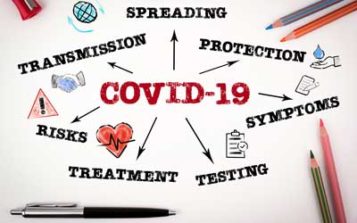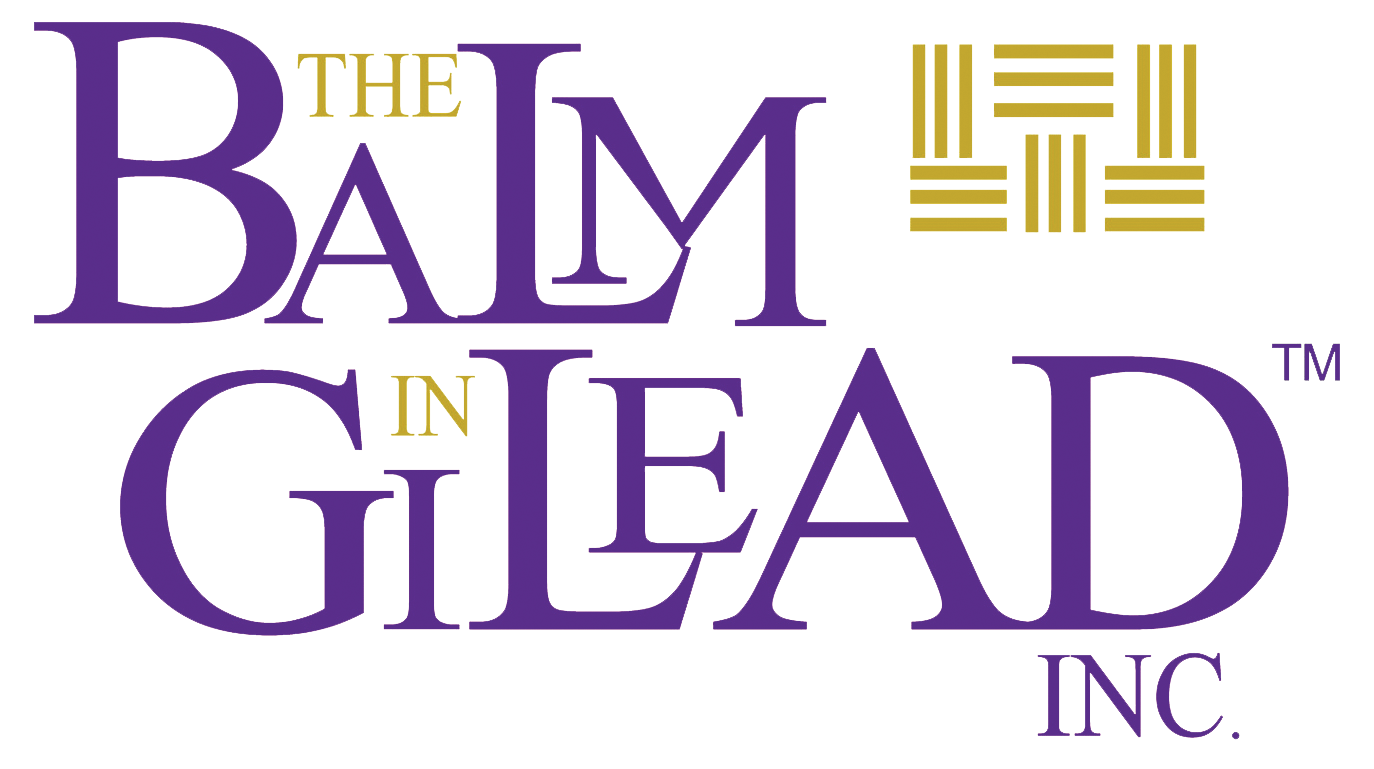COVID-19 and What the Faith Community Needs To Know
 Our world is facing circumstances unprecedented in our lifetime. The faith community is a connection that many have sought solace in the time of uncertainty. Here are details the faith community needs to lead the efforts to keep everyone safe.
Our world is facing circumstances unprecedented in our lifetime. The faith community is a connection that many have sought solace in the time of uncertainty. Here are details the faith community needs to lead the efforts to keep everyone safe.
Know the Facts
The Centers for Disease Control and Prevention (CDC) has provided information on their website on the symptoms, testing and stigma associated with COVID-19 (Coronavirus). This information is important as faith communities encounter persons that may be infected or concerned about contracted the virus. Also, noting and emphasizing that the disease can make anyone sick regardless of his or her race, ethnicity, demographic or social status.
Symptoms to Seek Medical Advice:
- Fever
- Cough
- Shortness of breath
Symptoms to Seek Immediate Medical Attention:
- Difficulty breathing or shortness of breath
- Persistent pain or pressure in the chest
- New confusion or inability to arouse
- Bluish lips or face
Have Been in Close Contact with Person Diagnosed or a Person Who Has Been in Close Contact:
- Call ahead before you go to a doctor’s office or emergency room
- Tell them about your recent travel and/or your symptoms
Quarantine! If You Are Sick or Caring for Someone Who Is:
- Stay home except to get medical care and monitor your symptoms
- Stay in touch with your doctor. Call ahead before visiting your doctor
- Avoid public transportation
- Separate yourself from other people in your home, this is known as home isolation
- Limit contact with pets & animals
- Wear a facemask if you are sick or caring for others
- Cover your coughs and sneezes with a tissue, throw away in lined trashcan, and wash hands for 20 seconds or with an alcohol-based hand sanitizer that contains at least 60% alcohol when soap is not available.
- Clean your hands often
- Avoid sharing personal household items
- Clean all “high-touch” surfaces everyday
When To Discontinue Quarantine:
People with COVID-19 who have stayed home (home isolated) can stop home isolation under the following conditions:
If you will not have a test to determine if you are still contagious, you can leave home after these three things have happened:
- You have had no fever for at least 72 hours (that is three full days of no fever without the use medicine that reduces fevers) AND
- other symptoms have improved (for example, when your cough or shortness of breath have improved) AND
- at least 7 days have passed since your symptoms first appeared
If you will be tested to determine if you are still contagious, you can leave home after these three things have happened:
- You no longer have a fever (without the use medicine that reduces fevers) AND
- other symptoms have improved (for example, when your cough or shortness of breath have improved) AND
- You received two negative tests in a row, 24 hours apart. Your doctor will follow CDC guidelines.
“In all cases, follow the guidance of your healthcare provider and local health department. The decision to stop home isolation should be made in consultation with your healthcare provider and state and local health departments. Local decisions depend on local circumstances.”
Prevention
There are ways we all can be proactive in preventing spread of COVID-19. The faith community practicing the suggested ways of prevention allows the world to see the leadership and concern that faith communities have for all people. Many are conflicted with struggling with this being a matter of faith over fear; however, this is a demonstration of love for community. Here are ways the faith community can lead in preventing the spread of COVID-19.
Avoid:
- The best way to prevent illness is to avoid being exposed to this virus.
- Avoid touching your eyes, nose, and mouth with unwashed hands
- Avoid close contact with people who are sick
- Put distance between yourself and other people if COVID-19 is spreading in your community
- Plan ways to limit face-to-face contact between people at your organization
- Identify space that can be used to separate sick people (if possible)
- Identify actions to take if you need to temporarily postpone or cancel events, programs, and services. Consider limiting access to your organization by non-essential visitors
- Cancel gatherings, services and events. Provide web- and mobile-based communications and services, if possible
Clean:
- Clean your hands often. Wash hands for 20 seconds or with an alcohol-based hand sanitizer that contains at least 60% alcohol when soap is not available.
- Clean AND disinfect frequently touched surfaces daily
- If surfaces are dirty, clean them: Use detergent or soap and water prior to disinfection
- Clean often high-touch surfaces in public places, such as, doorknobs, elevator button, countertops, etc.
Communicate:
- Keep abreast of updates and share with staff and the community
- Share information through your social media accounts and website
- Stay connected to staff, members, stakeholders and the community via phone, video conferencing, email and/or writing letters
- Find ways to bring the faith community together to continue human connection and manage stress
For more information on how your church or faith organization can prepare, prevent and promote best practices addressing COVID-19, please visit the CDC website. Coronavirus Disease 2019 (COVID-19) – Printed Resources
